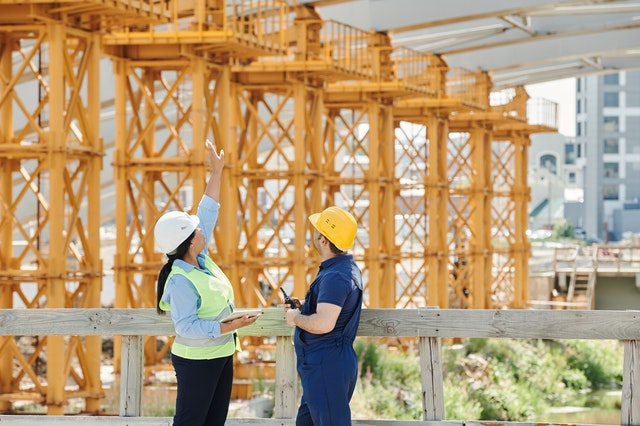Building Material Costs are Increasing – Should You Buy or Build?

There is no doubt that the construction industry is doing its best to maintain momentum through this period to support economic recovery.
However, the building sector, in general, is still experiencing a significant price increase in building materials, particularly when it comes to steel and timber products, due to sourcing and shipping constraints.
There are three main causes of building price inflation:
- First, the Black Summer Bushfires in 2019/2020 destroyed a large amount of local hardwood and softwood.
- Previously, Australia imported 25% of its timber. That has become tricky to navigate due to the shipping constraints brought about by the pandemic.
- And due to the Government Home Builder Scheme, there is a higher demand for materials because of new builds, but a low supply of materials.
Beyond the supply shortages, labour issues are causing building projects to stall, which is significantly impacting when the build is actually completed.
Nonetheless, this does not mean that all builders are struggling with this and you should consult your builder of choice to gain more accurate information based on your building project.
Here’s what you can expect from building cost price increases.
Brisbane
Building contractors are still submitting offers to complete work, so the tender activity levels in the construction industry are strong, and there is no sign that that is going to change in the coming months.
However, the uncertainty around the supply and demand of building materials impacts how long the building project will take. So, you’ll likely see extensions to contract durations to accommodate extended lead times.
| Building Materials | Price Increase |
| Aluminium doors and windows | 17% |
| Timber framing | 15% |
| PVC supply | 20% |
| Roofing and purlins | 10% |
| Concrete | $10/cum |
| LVL, Laminated Beams | 15% |
| Plasterboard | 4% |
| Reinforcing Steel | 10% |
| Structural Steel | 17% |
Source: DuoTax
Melbourne
Due to the housing boom, it looks like the high level of activity within the infrastructure sector will continue into the next quarter. However, the construction industry continues to endure the COVID-19 restrictions.
And due to a lack of skilled labour and availability of critical materials, the effects of increased prices will likely be realised in the coming quarters.
| Building Materials | Price Increase |
| Timber Supply | 10% – 15% |
| Reinforcing Steel | 10% – 15% |
| Concrete | 5% – 10% |
| Structural Steel | 10% – 15% |
Source: DuoTax
Sydney
Thanks to the range of policies in place before the June lockdown, the construction industry continued to grow throughout all sectors in Sydney.
However, the recently increased border restrictions and lockdown have influenced the supply chains and the import time frames, driving more price increases and causing delays in project delivery.
Fortunately, with the ease of local restrictions looming and the reopening of borders, the sector’s confidence level is likely to recover.
| Building Materials | Price Increase |
| General Labour | 6.5% |
| Concrete | 2.5% |
| Brickwork Labour | 5.5% |
| Blockwork | 3% |
| Brickwork | 3% |
| Timber Supply | 5% |
Source: DuoTax
Key Takeaways
The Australian construction industry has experienced a period of unprecedented growth in recent years, driven by demand for new homes that is outrunning supply. This trend looks set to continue as prices grow above inflation levels due to shortages with labour and materials – limiting building projects across all major markets nationwide.
In the wake of COVID-19, many global supply chains have come to a grinding halt. This has had major consequences for both material delivery and pricing. Coupled with state border closure, significant labour shortages are resulting in delayed project times.
While contractors seem to be absorbing the price increases, if they continue to rise, it’s unlikely that they will be able to sustain the absorption. So, if you are considering building a new property, it’s worth taking into account that there is likely to be a significant increase in project costs over the next few quarters.
Source: DuoTax
